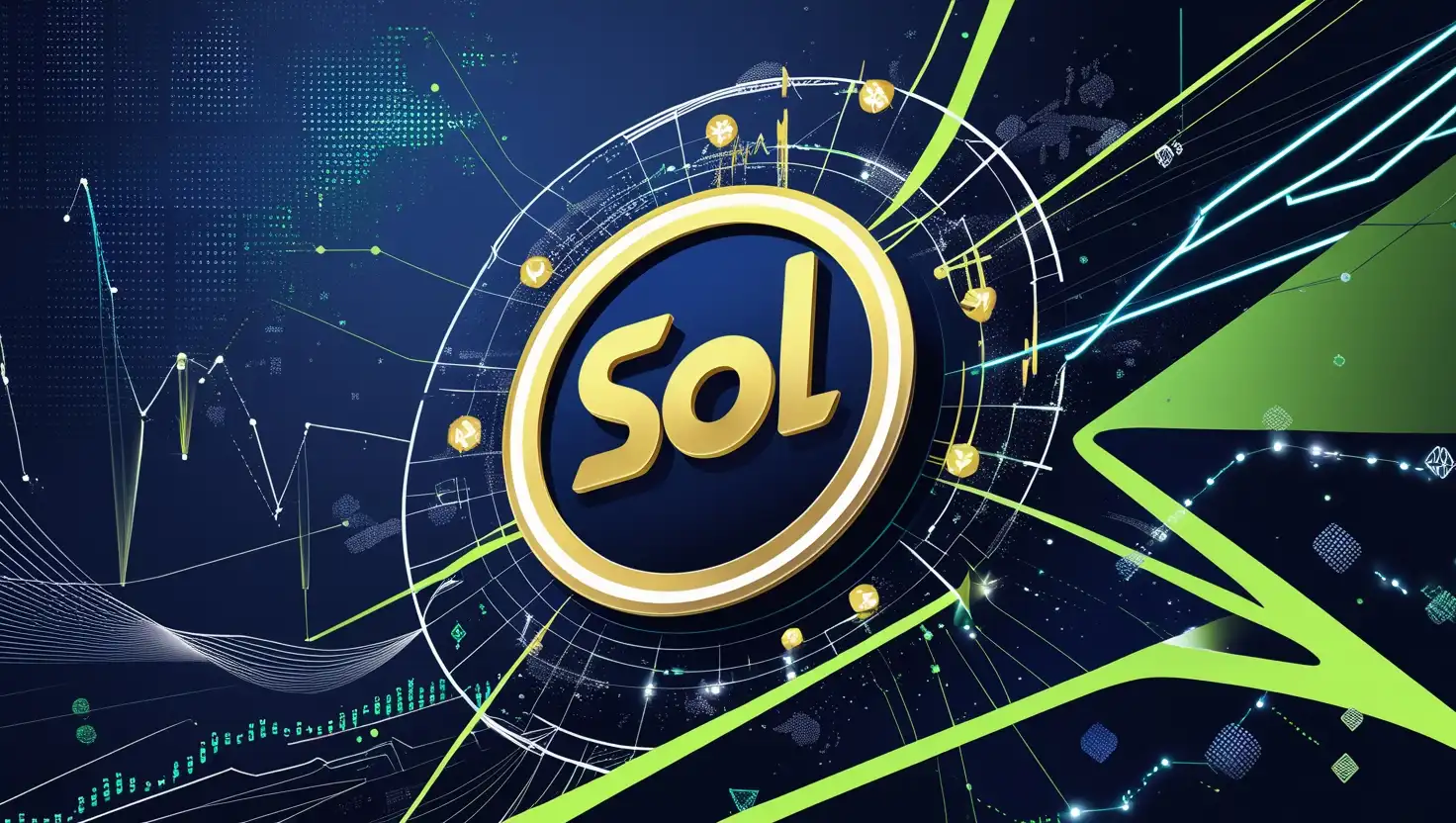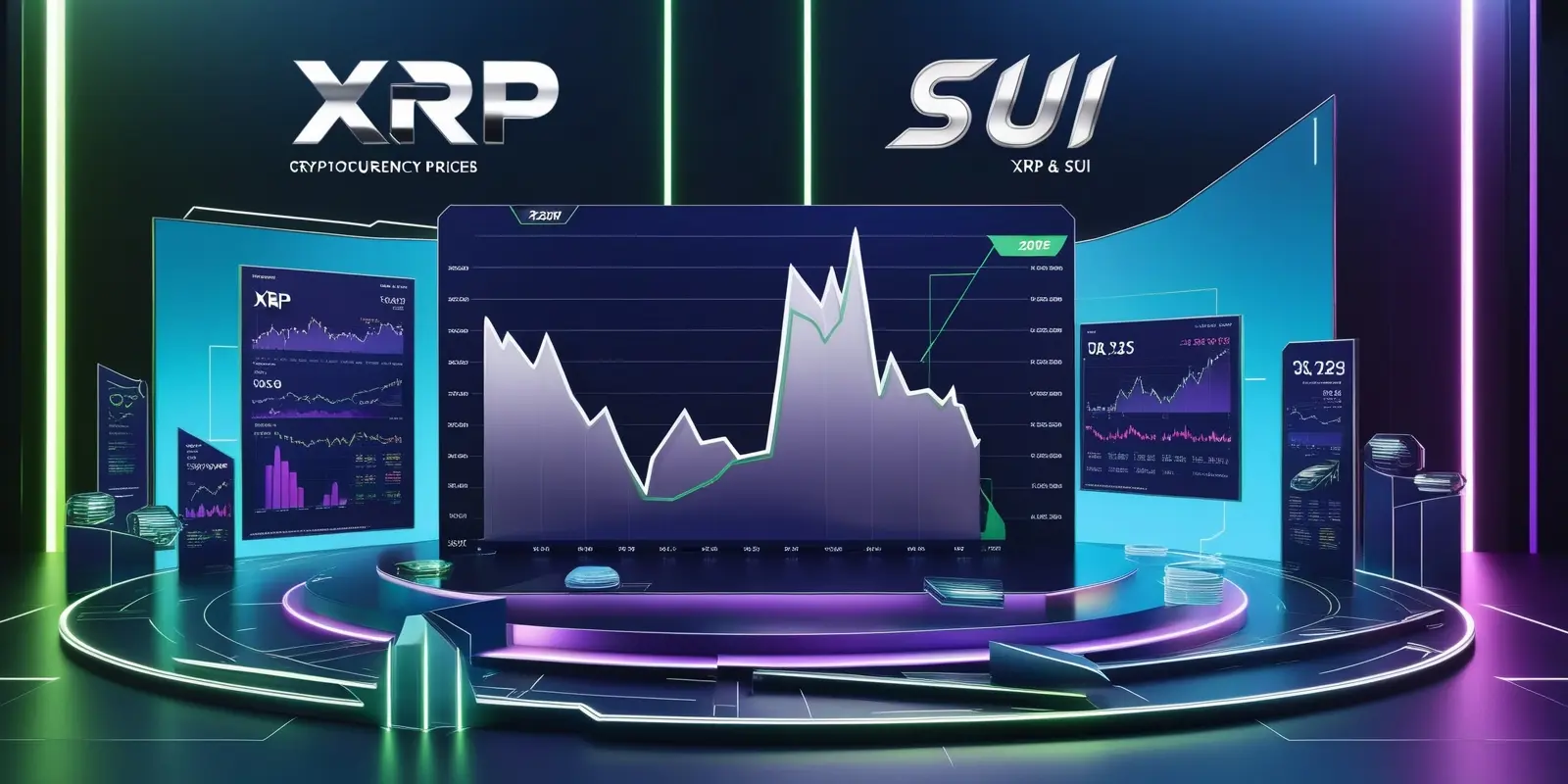The United Arab Emirates (UAE) is witnessing a remarkable transformation in its financial landscape, particularly with the rise of decentralized finance (DeFi). Recent reports indicate that the transaction volume for DeFi services in the UAE has surged by an impressive 74% over the past year, highlighting the nation’s growing acceptance of decentralized financial systems.
The Rise of DeFi in the UAE
DeFi refers to a suite of financial services built on blockchain technology, allowing users to engage in lending, borrowing, and trading without traditional intermediaries like banks. The UAE has emerged as a leader in this space, driven by a combination of a youthful population eager to adopt new technologies and a supportive regulatory environment.
According to Chainalysis, the total value received by DeFi services in the UAE increased from approximately $6 billion to $11.3 billion within a year. This growth is significantly higher than the global average, showcasing the UAE’s proactive approach to embracing digital assets and decentralized platforms.
Factors Driving Growth
Several factors contribute to this remarkable growth in DeFi transactions:
- Progressive Regulatory Framework: The UAE has established a clear regulatory framework that encourages innovation while ensuring investor protection. The Virtual Asset Regulatory Authority (VARA) in Dubai has been instrumental in providing guidelines for virtual asset service providers, fostering a secure environment for DeFi activities.
- Young Demographic: The UAE boasts a predominantly young population that is more inclined to experiment with emerging technologies. This demographic advantage positions the country favorably for rapid adoption of decentralized financial solutions.
- Institutional Interest: Traditional financial institutions are increasingly exploring their roles within the crypto ecosystem. Banks and venture capitalists are investing heavily in blockchain technology and DeFi projects, further legitimizing the sector.
Market Dynamics
The surge in DeFi transactions is not limited to retail investors; institutional players are also entering the market. The growth spans various transaction sizes, from small retail transfers to large institutional trades, indicating a balanced adoption across different user segments.
Moreover, decentralized exchanges (DEXs) have seen an even more significant increase, with transaction volumes rising by 87%. This trend reflects a shift towards more user-controlled trading environments that align with the principles of decentralization.
Challenges Ahead
Despite its rapid growth, the DeFi sector in the UAE faces challenges. Regulatory clarity is essential to ensure sustainable growth and protect investors from potential risks associated with decentralized platforms. Additionally, security concerns related to smart contracts and potential vulnerabilities remain critical issues that need addressing.
Conclusion
The 74% increase in DeFi transaction volume underscores the UAE’s commitment to embracing decentralization and innovation in finance. As regulatory frameworks evolve and institutional interest grows, the nation is poised to become a significant player in the global DeFi landscape. With its young population and forward-thinking policies, the UAE is setting an example for other nations looking to harness the potential of decentralized finance.




